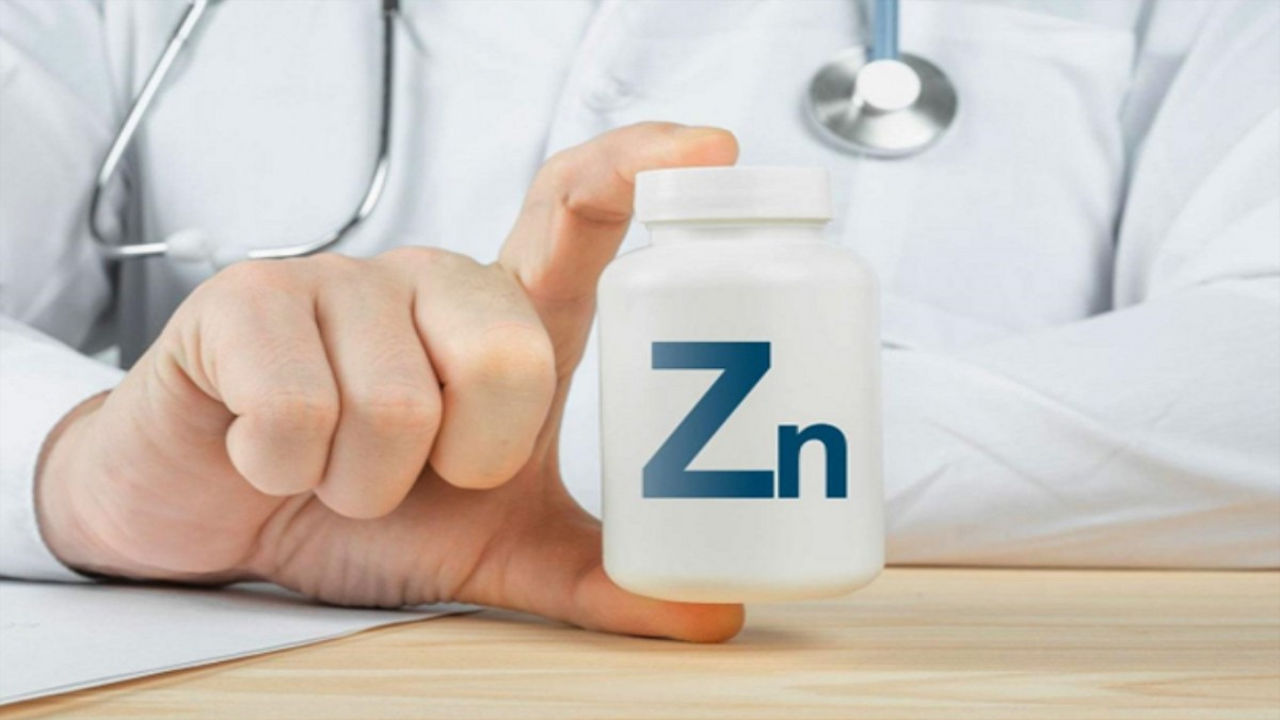The connection between zinc and prostate well-being has garnered significant attention. The question “How much zinc for prostate cancer?” is frequently asked, particularly by older men. Coupled with inquiries about prostate pills, this guide aims to shed light on the essential role of this vital mineral in maintaining prostate health.
What Role Does Zinc Play in the Human Body?
Zinc is an essential trace mineral found ubiquitously in cells throughout the body. Its crucial roles range from supporting cell growth and DNA synthesis to enhancing immune system functions. It also holds prominence in maintaining skin health, regulating gut health, and fostering wound healing. Most pertinent to this discussion, zinc holds a distinct importance in prostate tissue health.
The Prostate’s Function in the Body
The prostate gland, a walnut-shaped organ located beneath the bladder, plays a crucial role in reproductive health. It aids in producing fluid for semen during ejaculation and ensures the regulated flow of urine. As men age, an enlarged prostate becomes a frequent concern, leading to symptoms like weak urine flow and challenging urination.
Can Zinc Supplements Prevent Prostate Problems?
Historically, the idea that zinc supplements could stave off prostate cancer held merit. After all, zinc compounds were observed to induce cell death in lab-based prostate cancer cultures. However, with more contemporary research, it’s evident that prolonged zinc supplementation might pose risks, increasing the likelihood of more aggressive forms of prostate diseases.
Dietary Sources of Zinc
While supplements offer a direct source of zinc, certain foods are also rich in this essential mineral. Items like pumpkin seeds, oysters, nuts, and even tomato juice are great natural sources, with the added benefit of other nutrients.
Determining the Right Zinc Dosage
For those considering supplementation, understanding the correct amount of zinc is crucial. Studies emphasize that maintaining optimal zinc levels can alleviate symptoms linked with an enlarged prostate. Supplements like zinc citrate and picolinate are readily absorbed, assisting in managing symptoms and promoting a healthier prostate.
The Risks of Over-supplementation
Though zinc supplements have their merits, excessive intake poses risks. Especially, doses surpassing 100 mg daily might increase the probability of aggressive prostate cancer forms. It’s crucial, therefore, to consult with healthcare professionals before incorporating them.
Potential Side Effects of Zinc
Zinc, while imperative for multiple bodily functions, can cause issues if not monitored. Besides its roles in immunity, memory, cholesterol, and blood sugar regulation, zinc assists the prostate in generating prostatic fluid. However, excessive amounts can lead to adverse effects.
The Fine Balance of Zinc Intake
Research indicates that while zinc supplements can reduce risks associated with benign prostatic hyperplasia (BPH), their cancer-reducing effects remain ambiguous. Striking a balance in zinc intake, therefore, remains pivotal in ensuring optimal prostate health without inadvertently increasing risks.
Conclusion
“How Much Zinc to Take For Prostate Health” is not just a simple question but an essential exploration into achieving prostate health balance. With the right guidance and understanding, individuals can leverage zinc’s benefits while steering clear of its potential pitfalls.
Frequently Asked Questions
- What are the daily recommended amounts of zinc for men? The recommended daily amount of zinc varies based on age, but adult men typically require 11 mg daily. It’s always best to consult a healthcare provider for personalized advice.
- How does zinc affect testosterone levels? Zinc plays a role in regulating serum testosterone levels. Adequate amounts can help maintain optimal testosterone concentrations, while a deficiency might decrease them.
- Are there any common signs of zinc deficiency? Signs might include weakened immunity, hair loss, digestive disorders, skin issues, or reduced alertness. Always seek medical advice if you suspect a deficiency.
- Which foods are rich in zinc besides nuts and seeds? Beef, poultry, dairy products, and whole grains are among the many foods that can provide substantial zinc.
- Is it safe to take zinc alongside other medications? Some medications can interact with zinc, potentially reducing its efficacy or causing side effects. Always discuss with a doctor before starting a new supplement.


